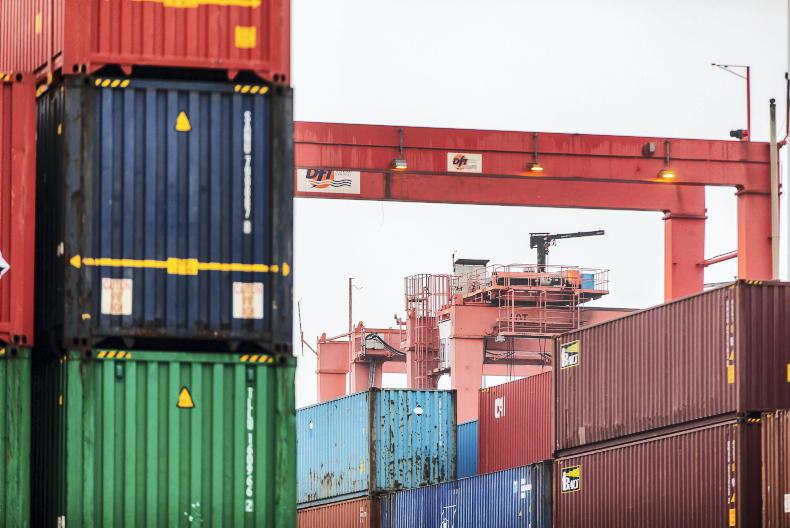The problem with the EU and Irish Government position on addressing the urgent issue of climate change is summarised by the debate on unilateral action to constrain the national livestock herd.
There is an oversimplified view prevailing that if Ireland can achieve a significant reduction in emissions from agriculture, then we will have done our bit for the global cause.
Unfortunately, it is not as simple as that because even if we eliminate livestock production, as draft legislation in the Northern Ireland Assembly is proposing, then all we achieve is decimate farming while the problem moves elsewhere.
Global solution required
The Code Red in last week’s UN climate report should be a wakeup call to the world and serves as a reminder that approaching the climate change issue at a national or regional level is pointless.
This approach has been tried for 30 years and failed and to repeat the same thing expecting a different result is a definition of madness.
To make a meaningful attempt to tackle climate change and reduce emissions, Ireland needs to engage with every other country in the world to develop a global approach
Nowhere is this better demonstrated than the debate that is ongoing on the island of Ireland about reducing the national herd or eliminating it as is the case in the north.
If we pursue this route, we will achieve the destruction of pasture-based livestock in one of the most suitable areas of the world for this type of farming.
Parallel to this, we observe the world’s biggest beef exporter plan to expand its cattle herd by 24m head and increase its beef output by 25% by processing an additional 10m cattle by the end of the decade.
Transferring the problem
This all means that working at a national level may give a national satisfaction that we are doing something whereas, in effect, we are transferring production from a lower-emissions system in Europe to a higher-emissions system in South America.
On a global level, which is the way we have to address emissions and climate change, we are actually making the problem worse by an action that we think is fixing it.
If we are serious about tackling the problem of climate change and emissions from agriculture and all other sectors of society, we have to start and finish at a global level.
There is just one atmosphere for the world and only by acting in unison can we do something that impacts on it.
A fragmented approach where some countries or regions are exceptionally active as is the case with the EU and Farm to Fork, then all that is achieved is transferring the problem to somewhere else. This was admitted in the EU’s JRC report on the impact of Farm to Fork recently.
COP 26 Glasgow
To make a meaningful attempt to tackle climate change and reduce emissions, Ireland needs to engage with every other country in the world to develop a global approach.
There is an opportunity coming up in Glasgow with COP 26 in November.
The UN describes this as the world’s last best change to effect meaningful measures that will address the problem. This global gathering simply must agree a global policy that addresses emissions from agriculture and every other sector of society in which Irish farmers will be a piece of that jigsaw.
To think we can do anything meaningful alone is misguided and simply makes a bad situation worse.






 This is a subscriber-only article
This is a subscriber-only article











SHARING OPTIONS: